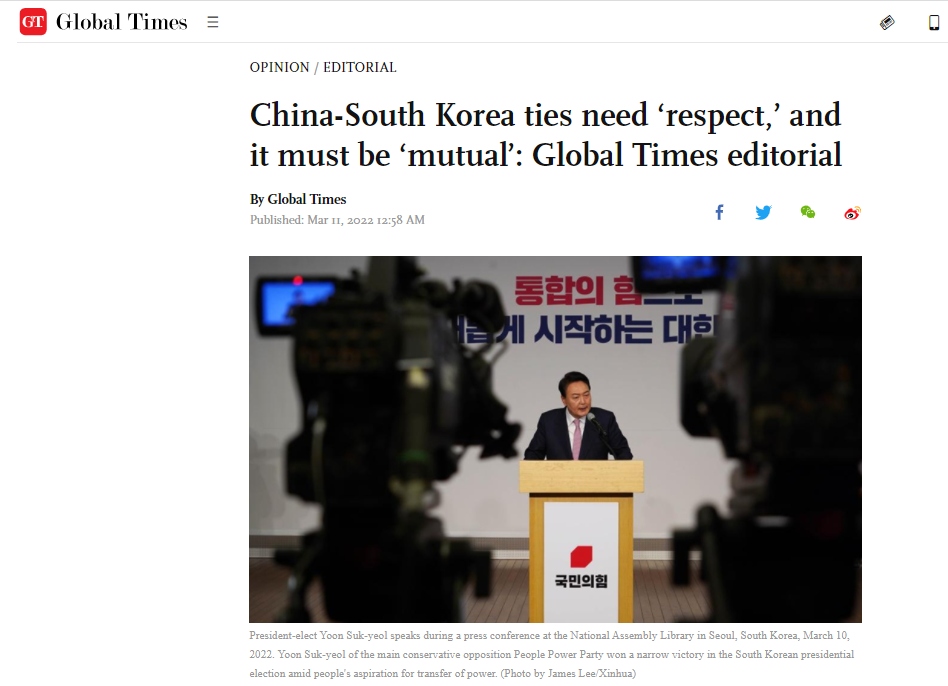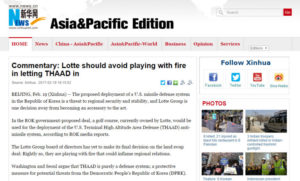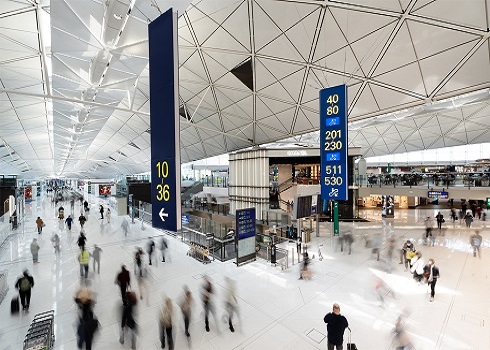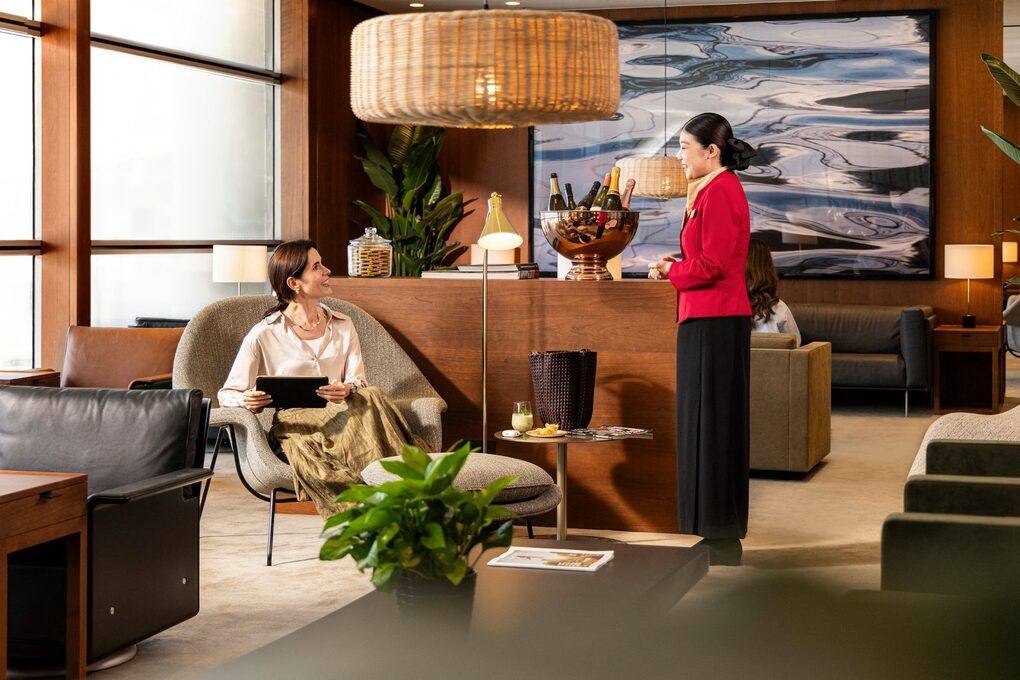SOUTH KOREA/CHINA. The election this week of conservative People Power Party (PPP) candidate Yoon Suk-yeol as the Republic of Korea’s next President has put the spotlight on Chinese-Korean relationships, with potential ramifications for the Korean tourism and travel retail sectors in the future, writes Martin Moodie.
Chinese state media titles noted Yoon’s pro-US stance in the run-up to the elections. Global Times cited South Korean media noting that Yoon’s election “could have a profound impact on the direction” the country will take on foreign policy. The President-elect has previously pledged a hard line on national security and to deploy additional units of the US anti-missile system Terminal High Altitude Area Defense (THAAD) anti-missile system.
The latter, if it happens, would have drastic repercussions for bi-lateral relationships. South Korea’s deployment of the initial THAAD system in 2016 outraged the Chinese authorities and people, leading to mass boycotts of Korean products and a catastrophic impact on tourism into South Korea after China imposed a group tour ban on 15 March 2017.

Lotte Duty Free was particularly singled out after parent company Lotte Group signed a land-swap deal with South Korea’s military that saw the deployment of the US anti-missile system Terminal High Altitude Area Defense (THAAD) go ahead.

Global Times reported: “On Thursday, the US government requested to talk to Yoon, a move that shows its eagerness to further draw South Korea into its small circle. Analysts noted that the alliance of the US, Japan and South Korea may become the key for the new government on foreign policy, but mature politicians should not rashly choose sides as it will undermine diplomatic flexibility, and stable relations with China are a ‘necessary choice’ which fits South Korea’s and the region’s interests.”
Warm China-South Korean ties will do good to Asia’s fourth-biggest economy; and sour ties will only be detrimental to the country, Yang Xiyu, a senior research fellow at the China Institute of International Studies, told the Global Times.

Commenting on the challenges facing Yoon, The Korea Herald wrote yesterday: “Yoon said his foreign and security policies would be different from the last five years of the Moon Jae-in administration. He made it clear that he would move away from China and closer to the US. Yoon pledged to participate in a vaccine, climate and a new technology working group under the Quadrilateral Security Dialogue, a strategic security dialogue between the US, India, Japan and Australia, and to seek formal membership.
“Yoon is also expected to strengthen cooperation among Korea, the US and Japan by improving relations with Japan, which have reached the worst point in recent history under the current administration.”
In an Op-Ed piece that reflects Chinese government policy, Global Times quoted outgoing South Korean President Moon Jae-in’s ‘three no’s’ policy over the THAAD issue – i.e. no participation in the US missile defence network, no establishment of a trilateral military alliance with the US and Japan, and no additional THAAD deployment.
“The three no’s statement is the result of China and South Korea implementing mutual respect,” the article continued, noting later, “South Korea should not regard deployment of THAAD as an internal or sovereign issue. It is in essence a wedge that the US wants to nail in Northeast Asia.”
Korean travel retailers, still reeling from the combination of the original THAAD dispute and the subsequent COVID-19 pandemic, will be hoping against hope that such a wedge is not placed between them and the Chinese consumer, daigou or otherwise.











